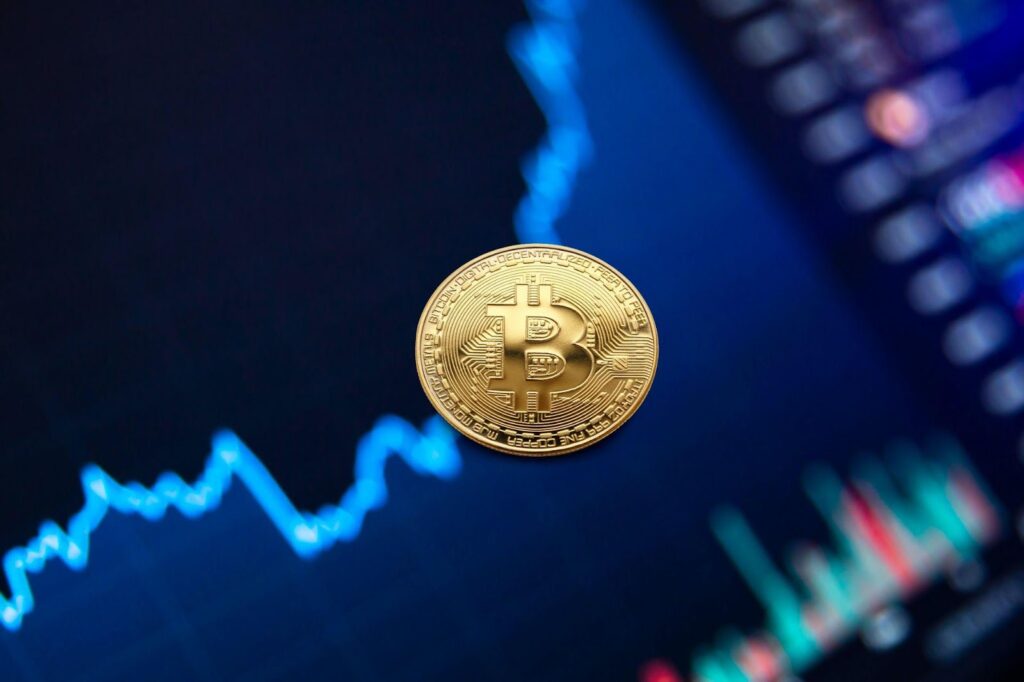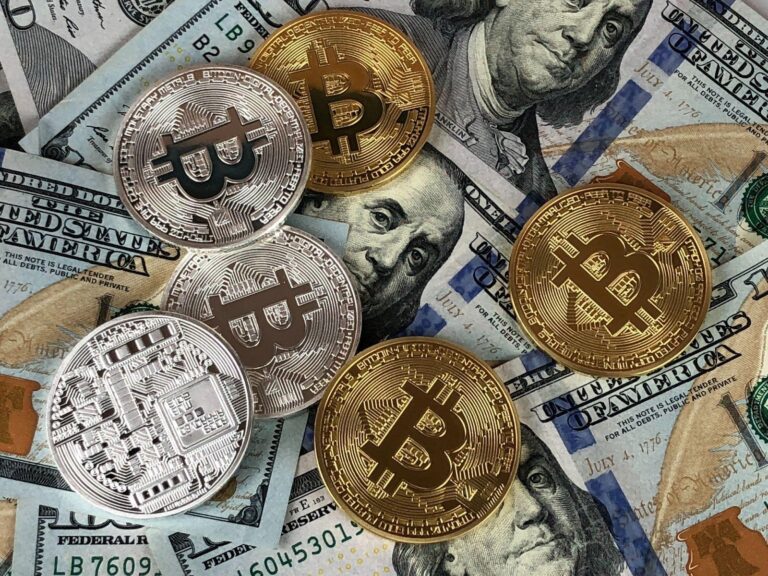The world of trade has undergone a multitude of changes, but none more mindblowing than that of cryptocurrency and blockchain. Cryptocurrencies have greatly impacted global commerce and no other crypto has as much as the vaunted Bitcoin, the Titan of all crypto assets ever minted.
Now, with the 2022 slump in the crypto market, there has risen a considerable amount of apprehension about the future of bitcoin and its offspring like Bitcoin Cash. To be fair, some of it is founded. However, much of this worry is based on wrong ideas about how crypto (and Bitcoin, in particular) works.
This is why some clarification is crucial, especially if you are apprehensive about your Bitcoin Cash mining. So, in this post, we will discuss assets like Bitcoin and Bitcoin Cash and show their contrasts with fiat money. We hope this will help you see why the future may not be as grim as you think. Ready? Let’s roll.
What Is Bitcoin?
Bitcoin is the first cryptocurrency ever minted. While we will soon dive into how this class of currencies differs from the fiat class, the history of Bitcoin shows one key contrast between both. The coin started as a project by an anonymous party known only by the name Satoshi Nakamoto.
All you have to do to see how striking this difference is is to ask yourself which of the fiat currencies you know started like this.
Since Bitcoin was created, its success has been magnanimous. However in recent times Bitcoin Kurs or price has gone through some wild ups and downs.
Still, its position as the most famous and valued alternative currency remains unchanged. It has even spawned other coins like Bitcoin cash and Ethereum. It was born of a widespread need for a less centralized/government-controlled form of money.
Of course, the idea is more complex than this, which will become clear as we proceed.
How Does Bitcoin Differ From Fiat Money?
The basic similarity in both is that they serve as stores of value and means of exchange. Fiat currency and crypto assets are both types of money. But there are many major contrasts between them, most markedly:
- How are they issued
- Value and governance
- Their exchange
Now, we will look closely at each of these.
How They Are Issued
One of the first things about fiat money is where it comes from. Fiat money usually comes from government agencies such as central banks, which issue them. As such, any fiat currency not from these agencies is deemed illegal or counterfeit.
In essence, the only people with the power to issue or print fiat money are Central banks acting under government oversee.
By contrast, crypto assets are the stark opposite. Take Bitcoin or Bitcoin cash, for instance. These are the creation of persons or groups of persons with no government authority. And unlike fiat currency, anyone can get freshly-made ones through a process called “mining.”
The process involves large groups of people solving complex math problems with powerful GPU units in a giant network known as a Blockchain network.
In essence, no one person or body gives you a new Bitcoin token. Instead, it derives from the actions of an entire network. So now, the central banks can infuse the market with new fiat money whenever needed.
However, many crypto assets follow more complex rules. For some, mining carries on until the total number of coins in circulation hits the max. At this point, no new coins are minted. Still, some will reach the max and stop. Then, a process of taking some coins out of circulation begins until it reaches a lower limit.
Value and Governance
One of the strongest criticisms of Fiat money is its lack of value in itself. The almighty US dollar simply has no value unless the US government and its central banks say so. Of course, the people also have to accept such a mandate, but you get the point.
Fiat money value has value by the decree of the authorities. The result of this is that the fiscal policies and actions of governments and central banks directly affect the value of fiat money.
For instance, there might be a sudden fall in the dollar value. . This might be a direct act or just a result of some policy change. Either way, the authorities, and their actions control fiat money.
Cryptocurrency, on the other hand, operates differently. The value of Bitcoin Cash, for instance, is affected less by the actions of any central authority and more by the comings of the blockchain itself. Here fiscal policies are open and written into the protocol, which gives it its worth.
Of course, crypto assets tend to lack a fixed fiscal policy. Yet, it is crucial to remember that their monetary policies are controlled by the protocol’s governance and consensus rather than a single, central agency. Then again, the market also affects the asset, which is why Bitcoin cash price prediction can be very hard. You never know which way the market will lean next or for how long.
Exchange
For fiat currency, the main exchange medium is markets and international trading exchanges. They are frequently utilized by investors who transact in foreign currencies as well as by travelers who need cash in the local currency.
The most well-known place to trade crypto is on a blockchain-based exchange. Using bank transfers or credit or debit cards, you may buy crypto assets on several major crypto exchanges with fiat money.
Some platforms only allow you to trade crypto assets; you can’t trade fiat currency for crypto assets on these platforms.
The main contrast between both exchange mediums is the way they work, their value, and governance. Fiat money exchanges are usually centralized. For instance, bitcoin cash transactions take place via blockchain without the need for a centralized middleman.
This grants the system’s users more flexibility. A dispersed network of users validates and records transactions using the blockchain protocol’s consensus mechanism.
Final Thoughts

So, what does this tell us about Bitcoin, its offshoots, and the future of crypto in general? Well, for one thing, crypto and fiat may have some things in common in some respects, but both work quite differently.
The biggest threat to the crypto space, and Bitcoin, in particular, is the public view. However, as a decentralized store of value based on popular participation, the system is bound to pick up with an eventual rise in community morale.
Moreso, the security Bitcoin offers makes it a valuable asset, especially in the coming years. Coupled with existing technology geared toward improving Bitcoin mining, the potentials are sky-high.



